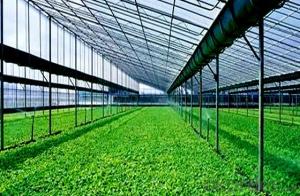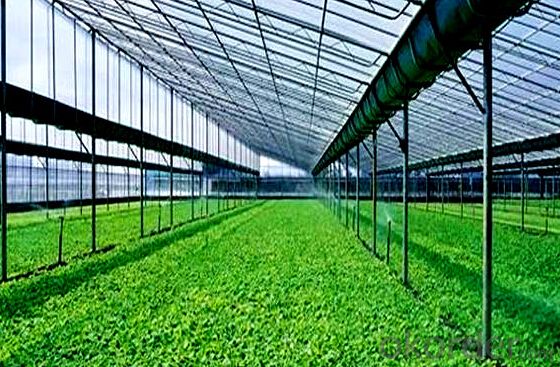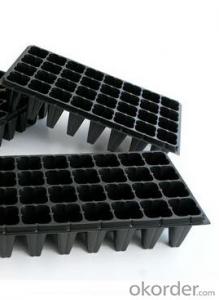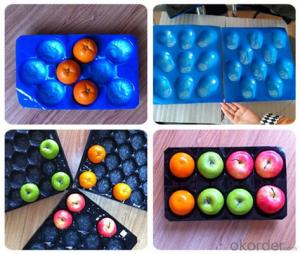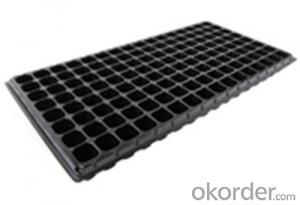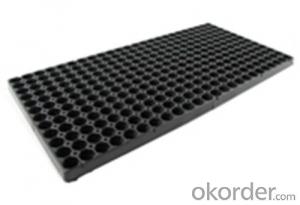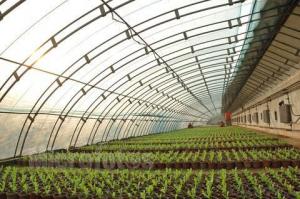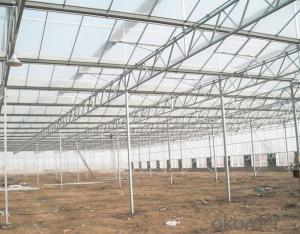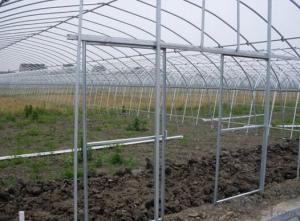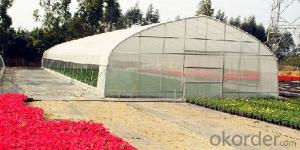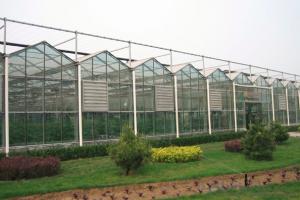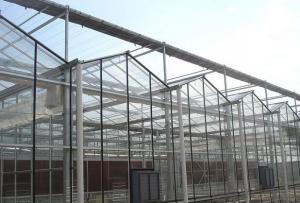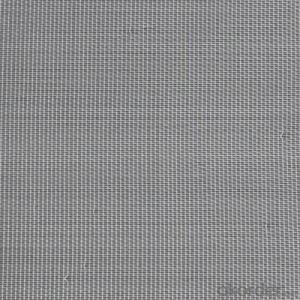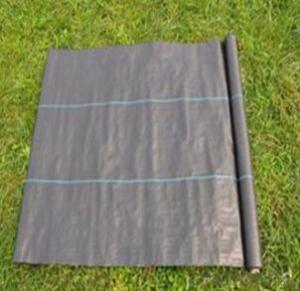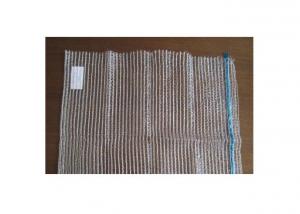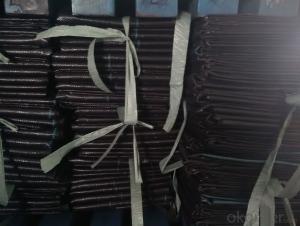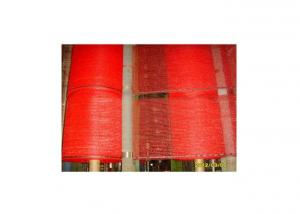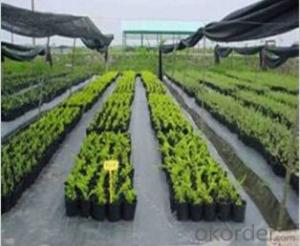Plastic arch greenhouse for sale from big greenhouse manufacturer in China
- Loading Port:
- Shanghai
- Payment Terms:
- TT OR LC
- Min Order Qty:
- 10 set
- Supply Capability:
- 1000 set/month
OKorder Service Pledge
OKorder Financial Service
You Might Also Like
Suit forVegetable Crops /Floriculture Production
A versatile greenhouse designed for vegetable crops or floriculture
A single piece arch rolled into a gothic peak for superior condensation control
Gutter vents and other natural ventilation options for the most effective and efficient airflow possible
The most economical greenhouse for large growers
Greenhouse Construction
l By the 275g/m2 hot-dipping steel pipe, ( round pipe &rectangle pipe)
At least 10year warranty of the frame
Greenhouse Cladding
l The greenhouse is covered by PEP film.
Film thickness: 80micron/100micron/120mircon/150 micron/200micron
global light transmission: ≥ 90%
Diffusion :≤ 20%
UV transmission:300-390%
Tear Resistance 15gf/mic
Dart Drop:1000G
3-5year guarantee period.
- Q: What types of plastic crates are used for harvesting and transporting produce?
- The types of plastic crates commonly used for harvesting and transporting produce are typically made of high-density polyethylene (HDPE) or polypropylene (PP). These crates are designed to be durable, lightweight, and stackable, allowing for efficient storage and transportation of various fruits and vegetables. They often come in different sizes and designs to cater to specific produce, ensuring proper ventilation and protection during the harvesting and transportation processes.
- Q: What is the best ground cover for attracting bees?
- One of the best ground covers for attracting bees is clover. It produces abundant nectar and pollen, making it a favorite for bees. Additionally, it is low-maintenance and provides a lush green carpet-like cover.
- Q: Can plastic silage bags be recycled?
- Yes, plastic silage bags can be recycled. However, recycling options may vary depending on the local facilities and regulations in place. It is recommended to check with local recycling centers or waste management authorities to determine the specific recycling options available for plastic silage bags.
- Q: Are agricultural plastic products easy to install?
- Yes, agricultural plastic products are generally easy to install. They are designed to be user-friendly and can be easily installed by following the provided instructions.
- Q: Is it SAFE to use a plastic spatula when frying bacon? Temperatures must be what? something like 400 degrees? I know we are not supposed to use plastic wrap when reheating food in the microwave. See, I'm thinking that over time, and as the plastic spatula slowly starts to melt, it has to be releasing some kind of carcinogen, right? So tell me what you think, your sources......... I appreciate it!!
- You can use a Silicone spatula but not plastic. Silicone can withstand higher temperatures without melting. Plastic would melt in the hot oil of the bacon and that would not taste good or be very healthy.
- Q: What types of plastic films are used for solarization in agriculture?
- The types of plastic films commonly used for solarization in agriculture include low-density polyethylene (LDPE), high-density polyethylene (HDPE), and ethylene-vinyl acetate (EVA) films.
- Q: What are the different types of agricultural plastic mesh and fencing?
- There are various types of agricultural plastic mesh and fencing used in farming practices. Some common types include deer fencing, poultry netting, shade cloth, garden fencing, and trellis netting. These different types serve specific purposes, such as protecting crops from animals, providing shade or wind protection, and supporting plant growth.
- Q: What are the different colors of agricultural plastic and their purposes?
- There are various colors of agricultural plastic used for different purposes. Black plastic helps to heat the soil, suppress weed growth, and retain moisture. White plastic reflects sunlight, reducing heat buildup, and is often used in hot climates. Clear plastic allows maximum light penetration, promoting plant growth, and is commonly used for greenhouse covers. Red plastic is used to stimulate early fruiting in certain crops. Blue plastic is believed to deter insects, while yellow plastic attracts them, helping with pollination. These different colors serve specific purposes in agriculture, aiding in crop production, weed control, pest management, and overall plant health.
- Q: Can agricultural plastic products be used in shade structures?
- Yes, agricultural plastic products can be used in shade structures. Agricultural plastic products such as shade nets or plastic films can be specifically designed and used to create shade structures in agricultural settings. These structures help provide shade and protect crops from excessive sunlight, heat, and other environmental factors, promoting optimal growth and productivity.
- Q: Can ground cover plants be used in containers?
- Yes, ground cover plants can be used in containers. Although they are typically grown in gardens to provide coverage for bare soil, some ground cover plants can thrive in containers and make excellent additions to patio or balcony gardens. It is important to choose ground cover species that are well-suited for container growth, have shallow root systems, and can tolerate the limited space and drainage conditions of a container environment.
Send your message to us
Plastic arch greenhouse for sale from big greenhouse manufacturer in China
- Loading Port:
- Shanghai
- Payment Terms:
- TT OR LC
- Min Order Qty:
- 10 set
- Supply Capability:
- 1000 set/month
OKorder Service Pledge
OKorder Financial Service
Similar products
Hot products
Hot Searches
Related keywords
